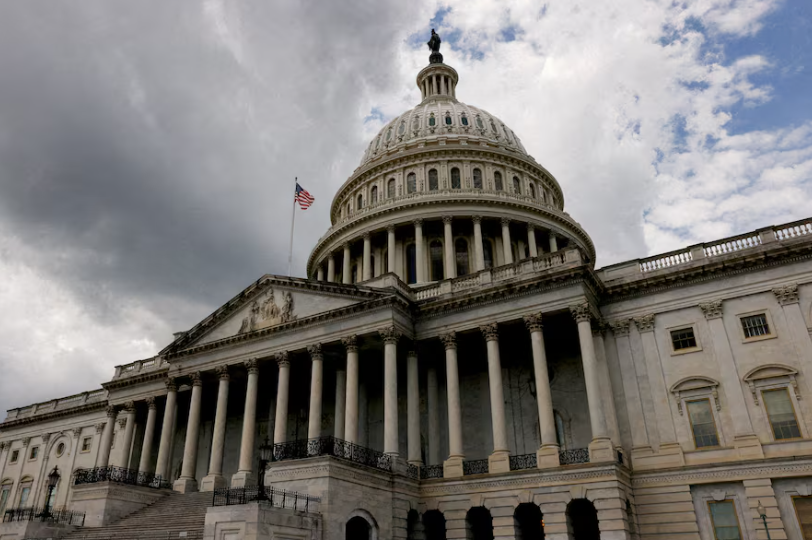The Republican-controlled U.S. House of Representatives took a significant step by voting to reauthorize Section 702 of the Foreign Intelligence Surveillance Act (FISA), a contentious surveillance program crucial for the country’s foreign intelligence operations.
The bill passed with a vote of 273-147 and now heads to the Senate for expected bipartisan approval before the program’s looming expiration on April 19.
Responding to concerns, the bill’s duration was adjusted from five years to two, addressing demands from some Republicans within the House. FISA has faced bipartisan criticism over potential violations of Americans’ privacy rights, leading to three previous blocks by House Republicans.
Stakeholders, including the White House, intelligence leaders, and top House Intelligence Committee members, underscored the critical consequences of failing to renew the program, originally established post-9/11.
Earlier setbacks occurred when House Republicans rejected a bill introduced by House Speaker Mike Johnson, citing insufficient modifications.
Representative Mike Turner, House Intelligence Committee’s Republican chair, emphasized the urgency, stating that the country would be left “blind” without the program after April 19.
Despite constitutional privacy protections, the program’s scope extends to data involving foreign nationals, often intertwining with American communications and accessible to domestic agencies like the FBI without warrants.
Concerns heightened as revelations surfaced regarding the FBI’s utilization of the program to surveil Black Lives Matter activists, congressional donors, and even lawmakers.
Skepticism on program
Such disclosures fueled skepticism surrounding the program’s integrity, drawing criticism from both hardline Republicans and progressive Democrats.
Central to the debate was an amendment proposing that domestic law enforcement obtain warrants before accessing the database.
However, executive officials argued against this change, citing potential drawbacks for agencies like the FBI. Ultimately, the amendment narrowly failed in a 212-212 vote preceding the final passage of the bill.
The House’s reauthorization of Section 702 of FISA underscores the ongoing tension between national security imperatives and individual privacy rights.
As the bill progresses to the Senate, bipartisan approval is anticipated, ensuring continuity in vital foreign intelligence operations while raising ongoing concerns regarding privacy safeguards and government oversight.

